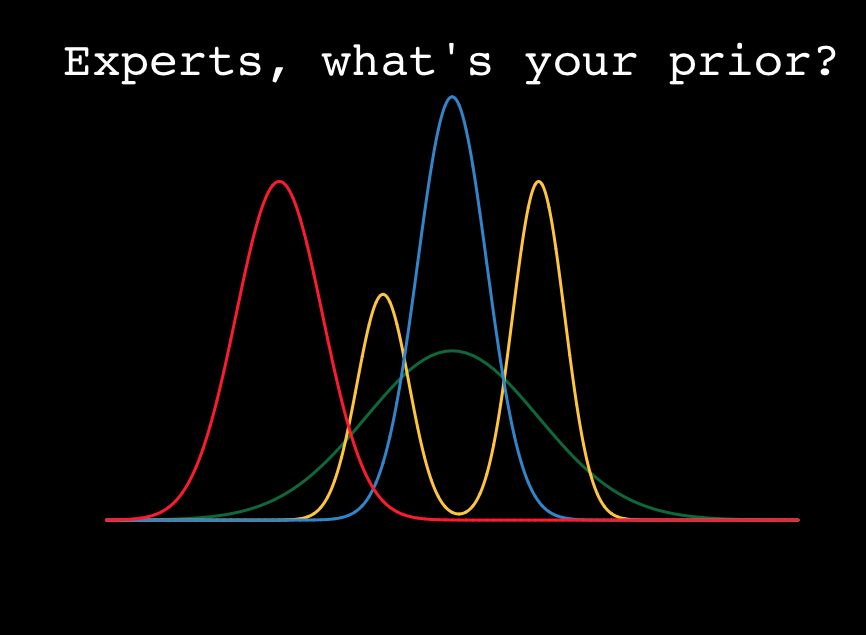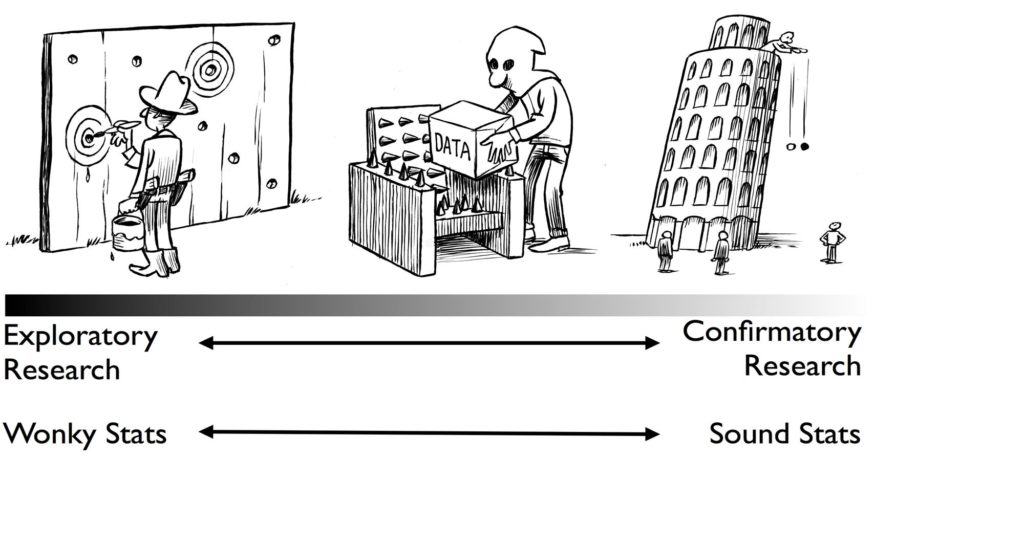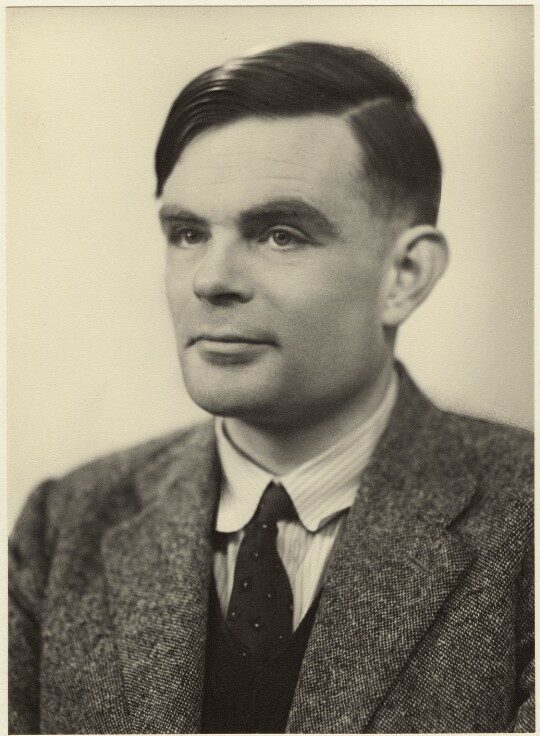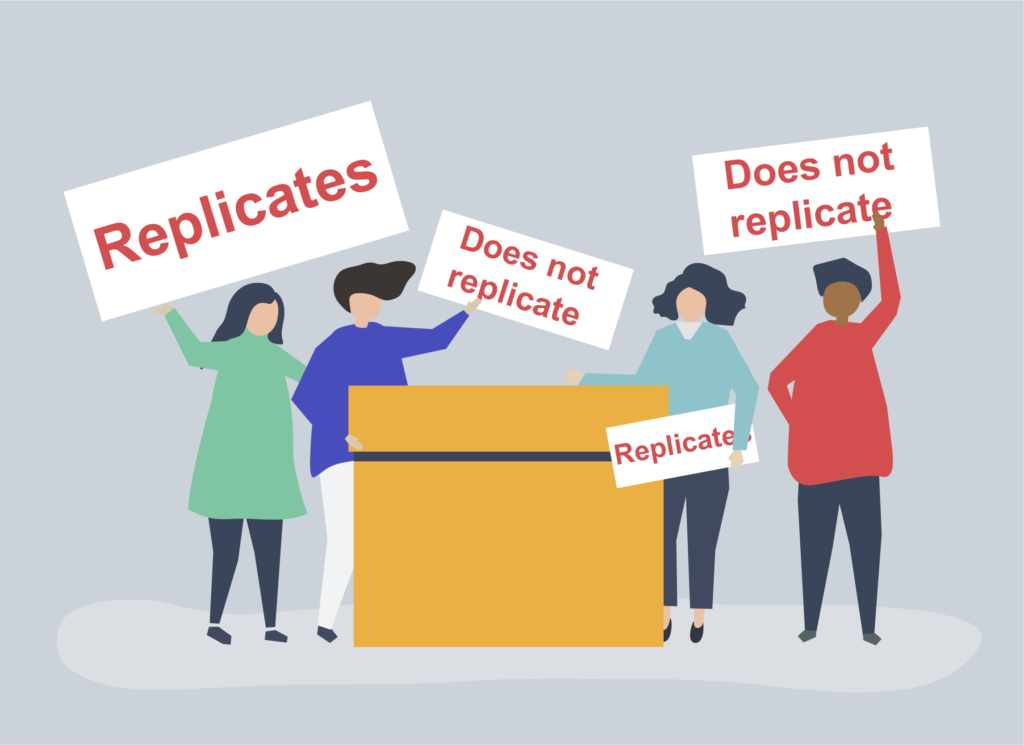Preprint: Practical Challenges and Methodological Flexibility in Prior Elicitation

This post is an extended synopsis of Stefan, A. M., Evans, N. J., & Wagenmakers, E.-J. (2019). Practical challenges and methodological flexibility in prior elicitation. Manuscript submitted for publication. Preprint available on PsyArXiv: https://psyarxiv.com/d42xb/ Abstract It is a well-known fact that Bayesian analyses require the specification of a prior distribution, and that different priors can lead to…
read more





